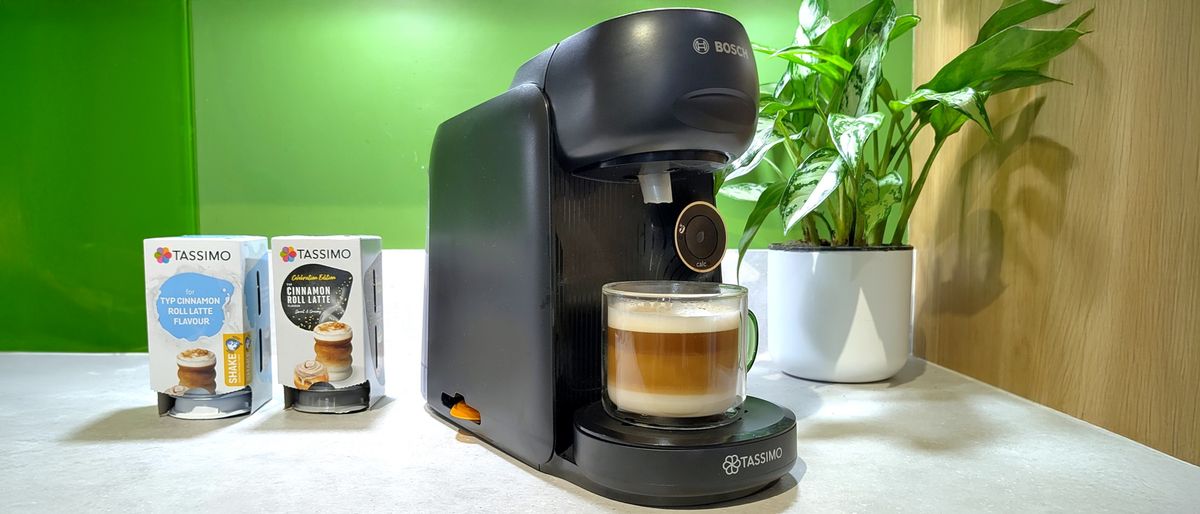An environmental watchdog group has suggested that millions of tons of discarded electronics from the US turn up in Asia and the Middle East each month, according to a report by ABC News. This has created a "hidden tsunami" of e-waste.
The Seattle-based Basel Action Network (BAN) conducted a two-year investigation into the matter and reportedly discovered at least ten US companies that exported used electronics to countries like Vietnam and Malaysia. This waste includes stuff like discarded phones and computers, which is an issue due to integrated toxic metals like lead, cadmium and mercury.
All told, around 2,000 containers of e-waste leave the US each month, totaling around 33,000 metric tons. The companies behind these shipments are described as "e-waste brokers," as they don't recycle the waste themselves. Rather, they ship it off for someone else to deal with. These entities have names like Corporate eWaste Solutions, Semsotai, First America Metal Corp. and PPM Recycling.
The ten companies named in the report allegedly exported e-waste valued at over $1 billion between January of 2023 and February of 2025. Trade could top out at more than $200 million each month across the industry.
Semsotai has responded to the allegations, saying that it doesn't export scrap and only specializes in working components intended for reuse. It also accused BAN of bias. PPM Recycling accused BAN of exaggerating shipment volumes. Most of the companies named in the report, however, have chosen not to comment at this time.
The report also indicates that US e-waste shipments allegedly made up six percent of all US exports to Malaysia between the years 2023 to 2025. “Malaysia suddenly became this mecca of junk,” said Jim Puckett of BAN. Containers have also been tracked to Vietnam, Indonesia, Thailand, the Philippines and the UAE.
It's worth noting that global e-waste is growing five times quicker than recycling programs. The world produced 62 million metric tons of electronic waste in 2022, a number that's expected to climb to 82 million by 2030. This is according to the United Nations’ International Telecommunication Union and its research arm, UNITAR
Most countries around the world have banned these kinds of imports under the Basel Convention, which is an international treaty addressing hazardous waste trade. The US is the only industrialized nation that hasn't ratified the treaty. This means that America, which is the second largest producer of e-waste in the world, is not bound by any of the rules set forth in the Basel Convention.

 1 month ago
123
1 month ago
123







 English (US) ·
English (US) ·